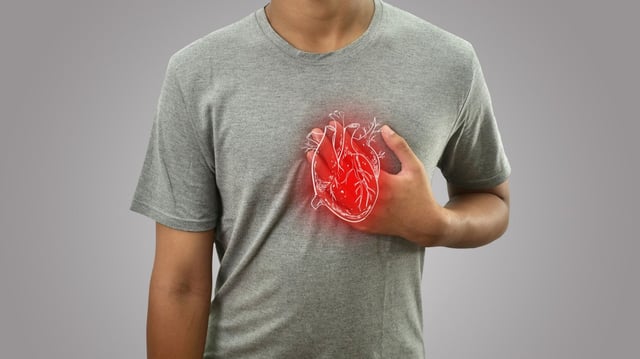Overview
- The injectable protein-like polymer (PLP) mimics Nrf2 to inhibit KEAP1, sustaining cellular protective pathways and reducing post-heart attack damage.
- Preclinical trials in rats revealed improved cardiac output, ejection fraction, and reduced heart tissue damage over a five-week period.
- The research, published in *Advanced Materials*, marks a significant step toward addressing heart failure, a leading cause of mortality globally.
- Future efforts will focus on optimizing the polymer's design, dosage, and safety in larger mammalian models to prepare for clinical trials.
- The therapy platform shows potential for broader applications in diseases involving dysregulated protein-protein interactions, such as multiple sclerosis and kidney disease.

